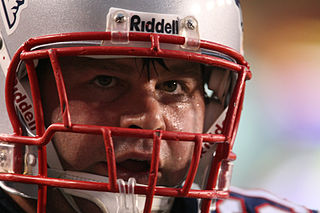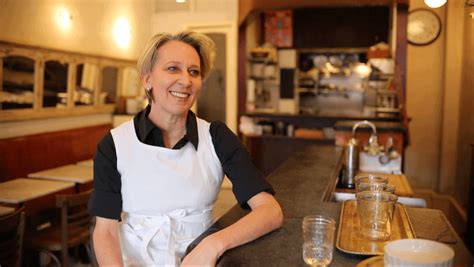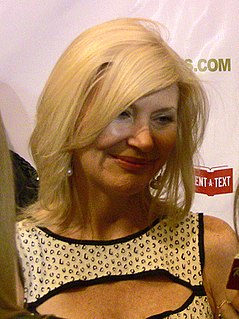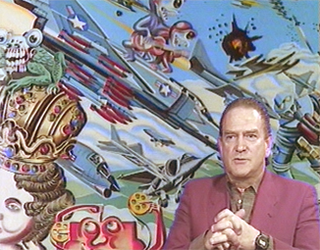A Quote by Ronald Reagan
All great change in America begins at the dinner table.
Quote Topics
Related Quotes
When I first got on the internet as a tween, I wasn't comfortable showing up in social spaces. I didn't have a loud voice. As a function of my youth and gender, I wasn't given a voice at the dinner table, and nor maybe should I have been. But I thought I wanted one, and I was able to have it online. I wasn't a great talker, but I found these other skills. And when this stuff is described as "not real writing" or "bad for my brain" or whatever, it just seems like it's from people who wanted to keep their place at the dinner table.
Americans are curious about the texture of everyday life in the Middle East because they rarely get to see it. I wanted readers to feel like they were sitting around the dinner table with me and my friends, hearing what average people really say and really think, [where] the dinner table is the best place to find out.
Working- and Middle-class families sat down at the dinner table every night - the shared meal was the touchstone of good manners. Indeed, that dinner table was the one time when we were all together, every day: parents, grandparents, children, siblings. Rudeness between siblings, or a failure to observe the etiquette of passing dishes to one another, accompanied by "please" and "thank you," was the training ground of behavior, the place where manners began.
It's promising and seductive, that huge Italian family, sitting around the dinner table, surrounded by olive trees. But it's not my family and I am not their family, and no amount of birthing sons, and cooking dinner and raking leaves or planting the gardens or paying for the plane tickets is going to change that. If I don't come back in eleven months, I will not be missed, and no one will write me or call me to acknowledge my absence. Which is not an accusation, just a small truth about clan and bloodline.
There was so much going on. I remember a very interesting dinner in the studio of [Robert] Rauschenberg. He had convinced Sidney Janis, Leo Castelli, and a third big gallery man to serve us, the artists, at the table. So they were dressed up as waiters, we were sitting at the table, and they were only allowed to sit down at the end of the table for the cognac. This is not possible now.


































